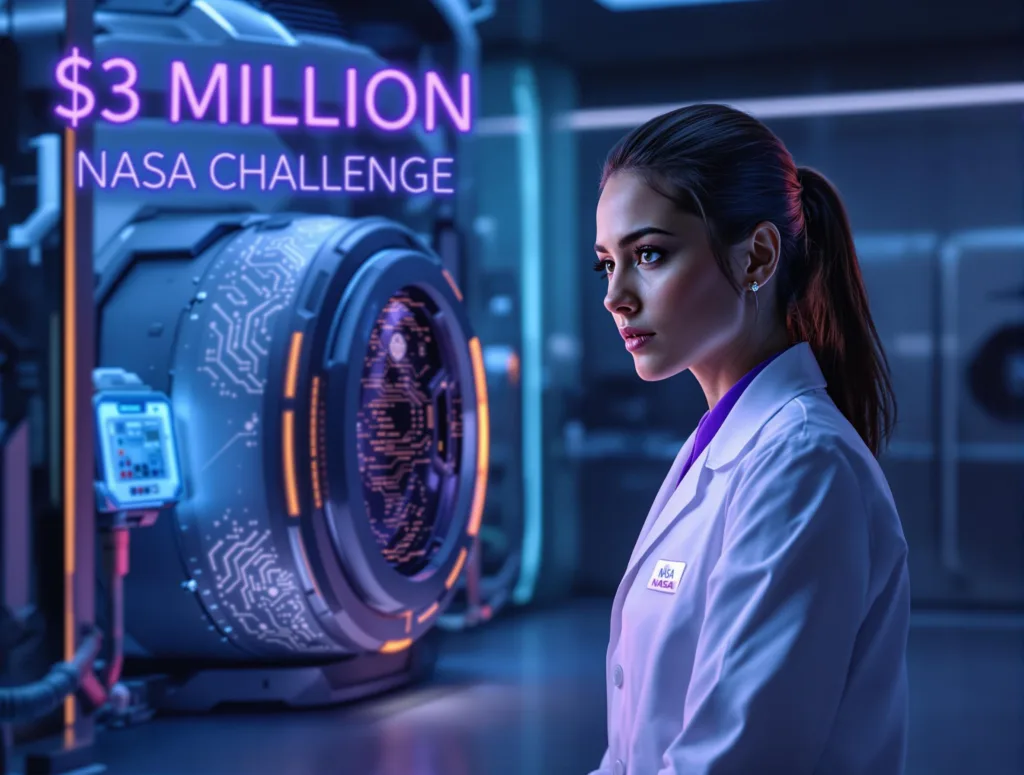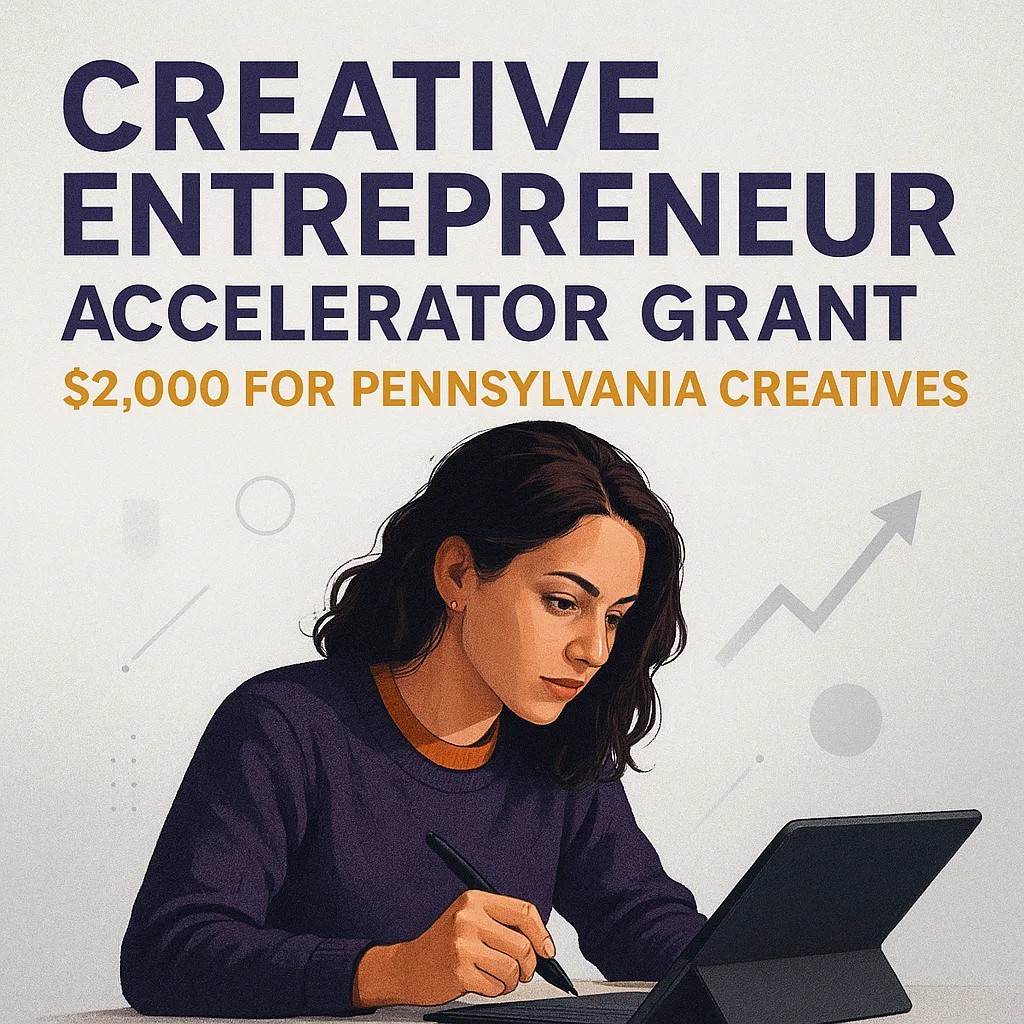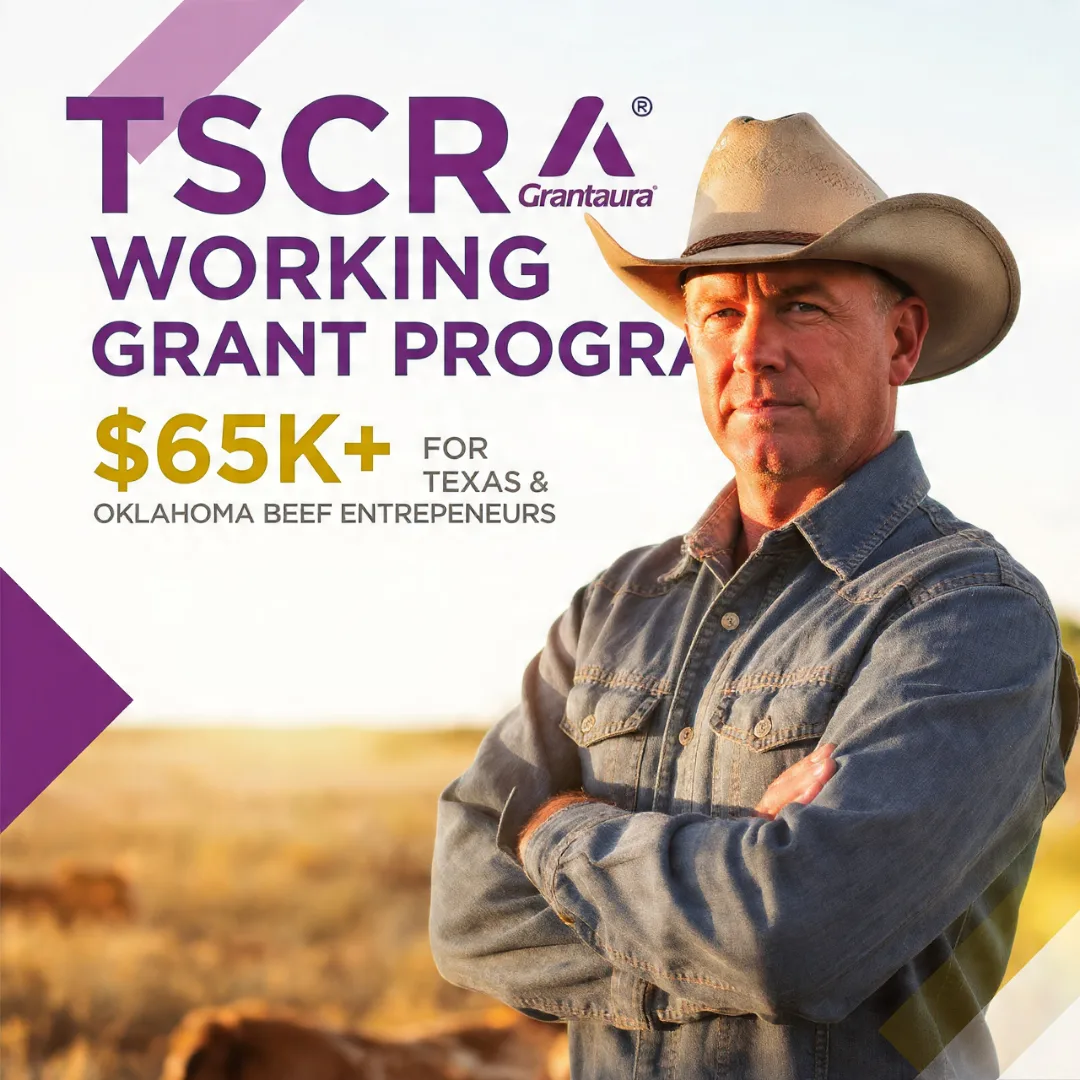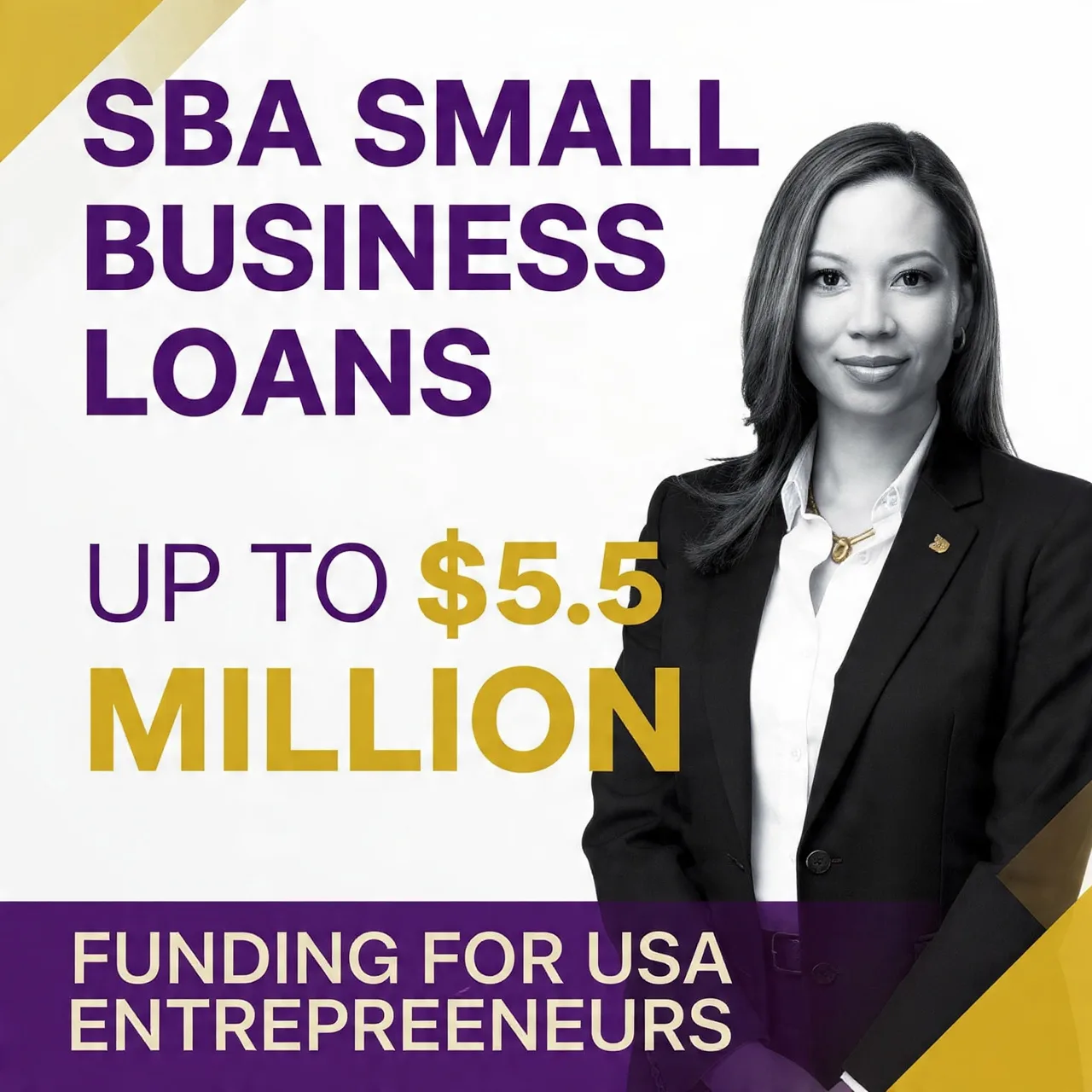
NASA LunaRecycle Challenge
$3 Million Competition for Lunar Waste Recycling Solutions Donor: NASA (National Aeronautics and Space Administration) About: The NASA LunaRecycle Challenge represents a groundbreaking $3 million competition designed to revolutionize sustainability…
Grant Overview
$3 Million Competition for Lunar Waste Recycling Solutions
Donor: NASA (National Aeronautics and Space Administration)
About: The NASA LunaRecycle Challenge represents a groundbreaking $3 million competition designed to revolutionize sustainability in space exploration through innovative waste management solutions. This two-track, two-phase competition focuses on developing sustainable recycling technologies that can effectively process and reuse various waste streams during extended lunar missions, with the ultimate goal of minimizing the need to return waste to Earth.
As NASA prepares for long-duration human presence on the Moon, sustainable resource utilization has become increasingly critical. The LunaRecycle Challenge addresses this need by inviting innovators worldwide to develop recycling systems that can transform various solid waste materials generated during a hypothetical 365-day lunar mission into usable resources. These waste-to-resource technologies will play a vital role in NASA’s broader lunar sustainability strategy while potentially inspiring better terrestrial recycling approaches.
Participants can choose to compete in either or both of the competition’s specialized tracks. The Prototype Build track challenges teams to design and develop hardware components and systems for recycling one or more solid waste categories on the lunar surface. Meanwhile, the Digital Twin track focuses on creating sophisticated digital models that accurately simulate complete recycling systems, leveraging NASA’s pioneering work in digital twin technology to enable virtual testing and iteration of complex systems before physical deployment.
The competition emphasizes innovation across multiple dimensions: recycling efficiency, resource input minimization, unusable output reduction, and hardware size optimization. Successful solutions will demonstrate the ability to process multiple waste streams while accounting for the unique constraints of lunar operations, including limited space in pressurized habitats, reduced gravity, and extreme temperature variations.
Beyond advancing space exploration capabilities, the LunaRecycle Challenge aims to catalyze innovations that can transform waste management practices on Earth. By encouraging novel recycling approaches that work efficiently at smaller scales with minimal toxic outputs, NASA hopes to inspire technologies that could be deployed in communities worldwide, contributing to global sustainability efforts.
For innovators seeking professional support with their grant applications, Grantaura offers comprehensive services to help maximize your chances of success. Our team of grant experts can assist with everything from initial research and eligibility assessment to document preparation and submission for the LunaRecycle Challenge and other competitive funding opportunities. With over 300 successful projects completed and a 4.9/5 rating from clients, we provide the expertise needed to develop compelling, technically sound proposals that stand out to judges.
Focus: Lunar waste recycling, sustainability in space, waste-to-resource technology, digital twin development, prototype building, space technology innovation, environmental sustainability
Region: Global
Eligibility:
-Open to all individuals and teams worldwide
-Teams that include foreign nationals must be led by a U.S. citizen or permanent resident to be eligible for prize money
-Teams can consist of individuals, academic institutions, private companies, or other organizations
-Foreign nationals can participate as team members if they meet specific requirements outlined in the challenge rules
-University of Alabama employees, consultants, and students may participate as team members but will not be eligible for NASA prize awards
-Teams must complete registration and submit required documentation by March 31, 2025
-Participants must obtain liability insurance in the amount of $5,000 USD minimum or demonstrate financial responsibility for that amount
Benefits:
-Total prize purse of up to $3 million across both phases of the competition
-Phase 1 offers up to $1 million in prizes ($400K for Digital Twin Track, $600K for Prototype Build Track)
-Up to 8 winners per track in Phase 1, with $50K per Digital Twin Track winner and $75K per Prototype Build Track winner
-Recognition in NASA press releases and social media announcements
-Opportunity to contribute to pioneering space technology development
-Potential to inspire new approaches for terrestrial recycling applications
-Certificates for all participating teams, including special recognition for top international teams
Deadline: March 31, 2025, 4:00 PM Eastern Daylight Time (EDT)
Don’t Miss Your Next
Funding Opportunity
Terms:
-Digital Twin: A virtual representation that serves as the real-time digital counterpart of a physical object or process, used to run simulations before physical production and deployment
-Prototype Build: The process of developing hardware components and systems for the physical recycling of waste materials
-Usable Outputs: Materials or products produced from a recycling process that can be used for another purpose
-Unusable Outputs: Materials or products produced from a recycling process that cannot be used for another purpose
-EXPRESS Rack: A standardized payload rack system used on the International Space Station designed to accommodate various experimental payloads
-Technology Readiness Level (TRL): A method of estimating the maturity of technologies during the acquisition phase of a program
-Net Waste Recycled: The total percentage of waste materials successfully converted into usable outputs through recycling processes
-Phase 1: The initial competition phase focusing on design and concept development
-Phase 2: The second competition phase focusing on prototype development and testing
-Microplastics: Extremely small pieces of plastic debris that result from the breakdown of larger plastics and can pose environmental hazards
Who Can Apply?
How to apply for this grant?
We are your trusted grant application partners. You can navigate the entire grant application process with our expert guidance through this simple 5-step process.
Step 1: Application Form
Fill out the "Apply for this grant" form with your information and grant requirements.
Step 2: Eligibility Assessment
Our grant experts will assess your eligibility and notify you via email.
Step 3: Expert Consultation
A dedicated grant expert will be assigned to discuss next steps for your application.
Step 4: Application Submission
Our expert will help you complete and submit your application with all required materials.
Step 5: Final Decision
The grant committee will make their decision and notify successful applicants.













